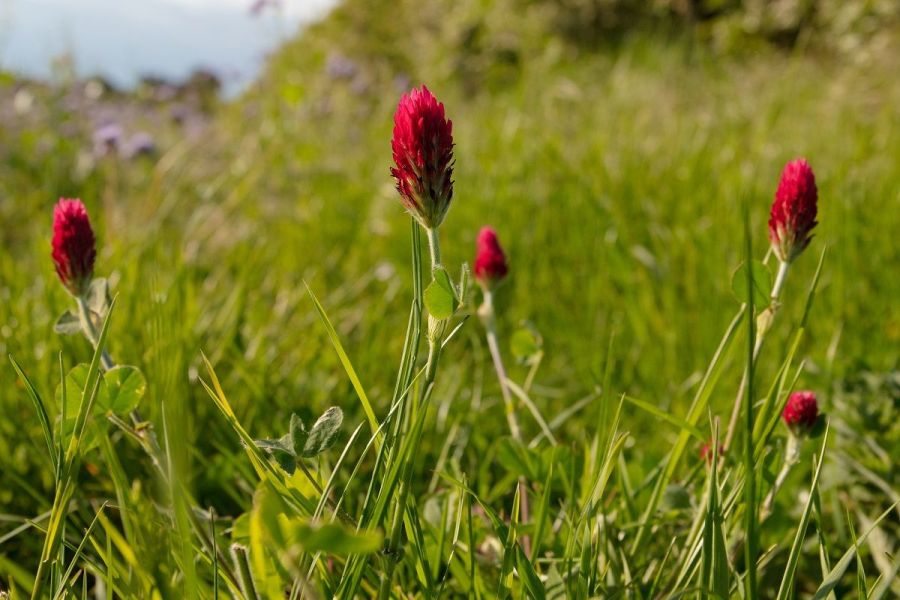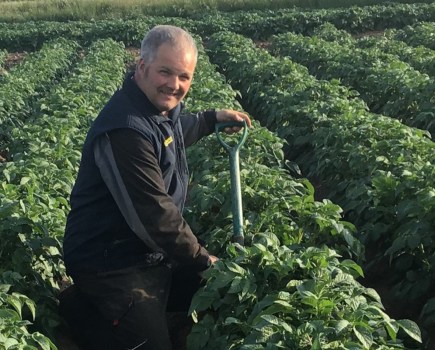By Martin Lines
It’s been a tumultuous summer, to say the very least. We are in a time of significant change, between the turbulent changing-of-hands in the Government cabinet to the recent country-wide mourning after the Queen’s death, with King Charles taking on the role of Head of State.
King Charles has been a strong advocate and believer in farming with nature. A true friend of regenerative farming, his work through The Prince’s Countryside Fund has empowered rural communities and farming livelihoods for over a decade. Through his passion for sustainable and organic agriculture, he had spoken about farming in this way long before the conversation was mainstreamed.
On BBC Radio 4 last summer, the King shared his hopes for British farming saying: “Our current approach will lead to a dead end, no matter how cost-effective intensive food production appears to be. […] We must put nature back at the heart of the equation.”
Much of what he said years ago, many of us found at odds with our own thinking about the natural environment. King Charles astutely observed a farming nation that was unwittingly damaging the natural systems we rely upon. While much of what he said over the past 35 years is now current rhetoric around farming’s transition, the conversation has reached a fundamental tipping point, intensified by unwavering concerns around climate change and biodiversity loss.
It’s reassuring that His Majesty recognises why the future isn’t constructed in binary choices between the environment or food production and that this way of farming is as achievable as it is imperative. My only hope is that in his regular meetings with the new Prime Minister, Liz Truss, he has a strong word about the need to move forwards with the rollout of Defra’s Environmental Land Management schemes [ELMs]. Farming has a great advocate on our side if only the Government will pay heed.
Getting our farming system right and rewarding nature-friendly farming systems in the UK and abroad through global trade will help tackle these problems. While there has been an increasing divide between the priorities for the environment, food and farming, it’s only when we recognise the challenges farming faces, now and in the past, that we can see the root of the issue is very much interconnected. Farming’s inefficiencies are diminishing the farmed landscape. Dependency on artificial inputs and global marketplaces makes us vulnerable to economic crashes or natural shocks, such as this summer’s drought. Through farming, we can join up solutions to achieve sustainable long-term production.
The transition to Truss’ Government has been unsettling. The churn of politics, views and language has tossed policy up in the air, and this call for cabinet-wide review is knocking the market as hard as it is farming’s certainty for the future. How can we continue to plan our next steps as farmers if the Government exercises lax commitment to the priorities set by its own party in 2019?
The new Secretary of State for EFRA, Ranil Jayawardena MP, is conducting reviews of ELMs that I hope will bring more clarity to our future public payments. With the change of government comes pressure on the future agricultural budget, at a time when we need to secure funding for this parliament and beyond.
In the immediate term, farming’s growing input costs can be improved on the balance sheet by working with our natural capital and enhancing ecosystem services across our farmed environment. Most of this work is not covered by the market price of the food and goods we sell, and we won’t see food prices increase to cover these costs. But whilst the public wants to see more environmental benefits delivered by farmers, we have an excellent case to ask for public funding to contribute to this.
Jayawardena’s background in business and open markets presents a potential move to remove barriers to “growth”. Not growth of the productive kind that benefits farming, but the economically-driven kind that comes much to the detriment of our concerns around global warming and environmental degradation – the impacts of which hits farmers the hardest as we’re on the frontlines of our changing climate.
There is already much research evidencing how nature means profitability and resilience, and that soil health and an improved environment give food production healthy foundations to build sustainable enterprises. When we farm with nature, our business goes from strength to strength.
As farmers, we can demonstrate that nature recovery is not a barrier to growth but a partner in it. To echo King Charles: we must show the value of putting nature at the heart of farming’s future.
This article was taken from the latest issue of CPM. For more articles like this, subscribe here.




